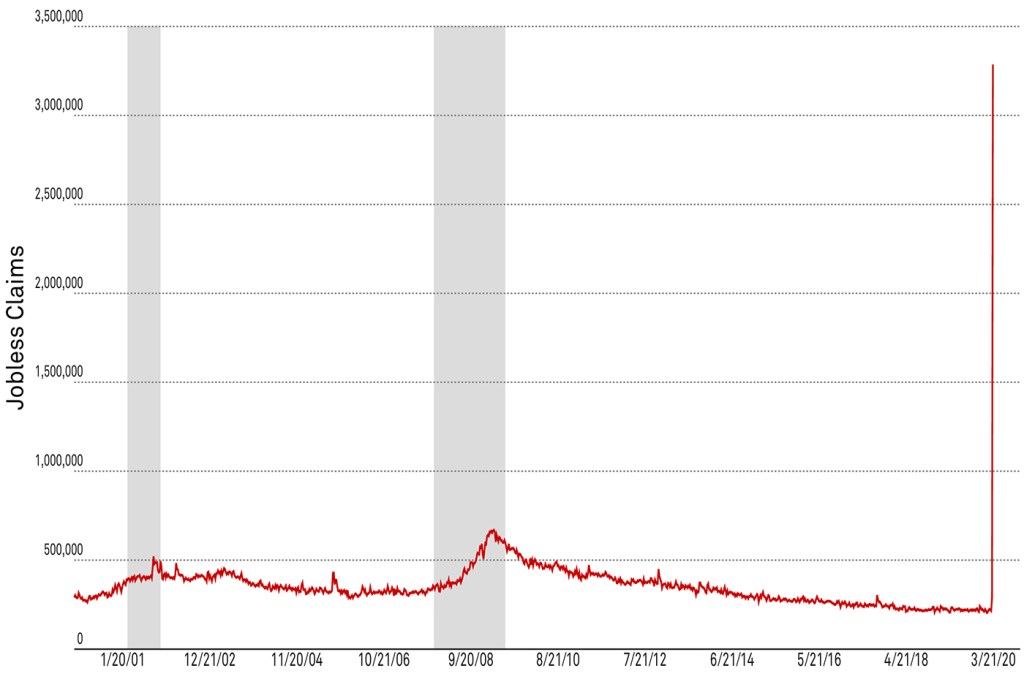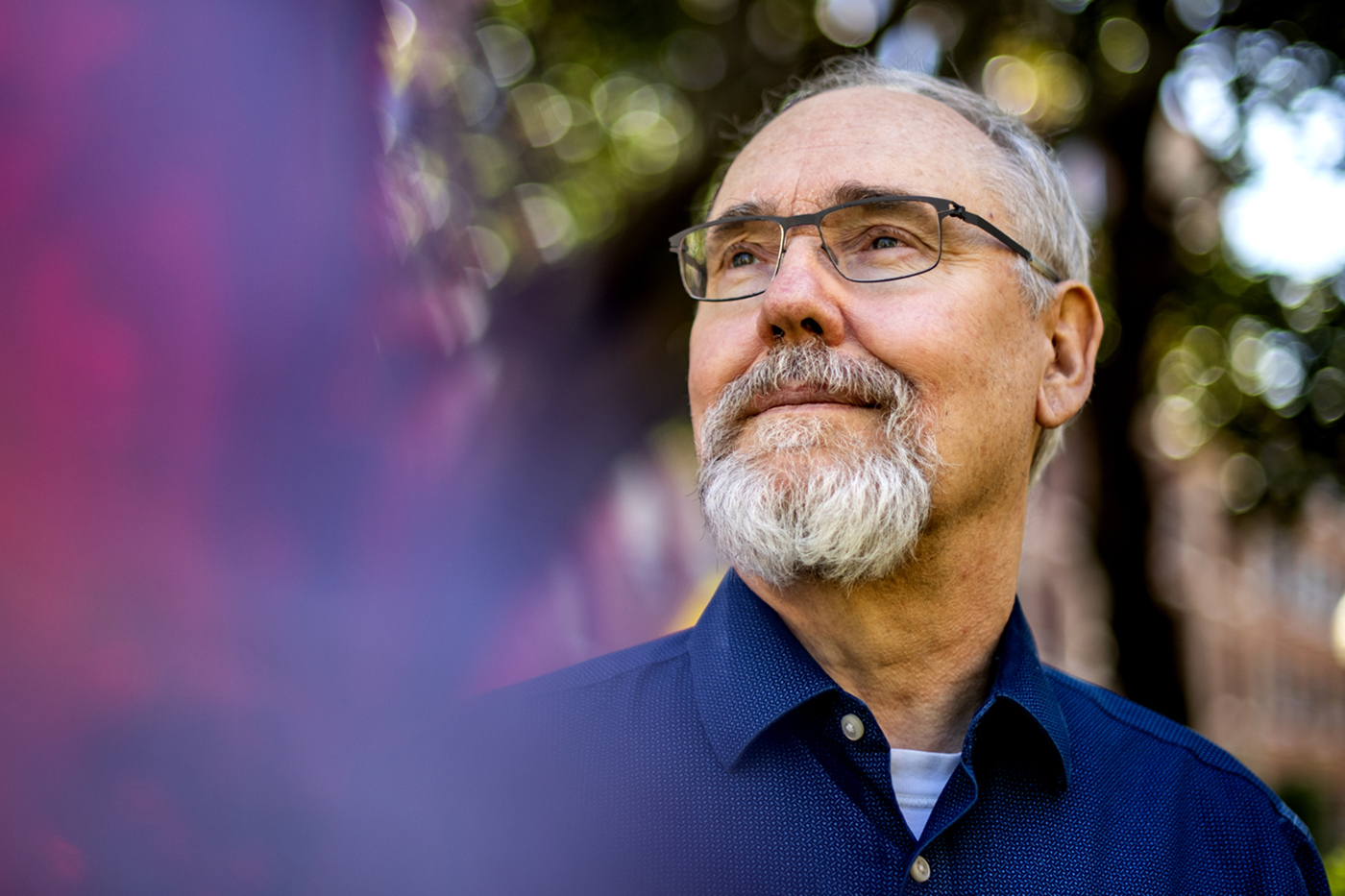US jobless claims have soared. Is a recession necessary to fight COVID-19?

Last week, 3.3 million people in the United States filed for unemployment, the highest number ever recorded by the U.S. Department of Labor, as businesses shuttered and employees were asked to stay home to slow the spread of the COVID-19 pandemic.
It’s an unprecedented number of people, but this isn’t a normal recession, says William Dickens, University Distinguished Professor of economics and social policy.
“We don’t want people to go back to work—that’s the whole point of ‘social distancing,’ of trying to bend the curve,” Dickens says. “We want a recession. We want people to stop working. We want people to stay home until we’ve gotten the level of the virus down to the point in the population where we can sit on top of it and deal with it, with testing and isolation of the new cases that come along.”

William Dickens, University Distinguished Professor of economics and social policy. Photo by Matthew Modoono/Northeastern University
In a typical recession, Dickens says, the government wants to stimulate the economy so that people go back to their normal routines, both making and spending money. But if stores open and people return to work now, epidemiologists are warning that the United States could see a catastrophic number of deaths as the virus spreads rapidly and hospitals are overwhelmed.
Instead, the country has made the conscious decision to shut down. The question is, what will the economy look like when we finally get the virus under control, either through physical distancing, testing, and isolation methods or a vaccine? Will there be an economy to go back to?
“Can we do a good enough job of preserving existing businesses, and particularly preserving the financial institutions, that we will be able to just basically just go back to work and recover?” Dickens asks. “If that’s the case, we could have a very rapid recovery.”
After being essentially trapped in their own houses for months, Americans are likely to have a lot of pent-up desire for restaurants, travel, and other goods and services that are currently stalled. This sudden bout of spending could help the economy rebound quickly from the recession.
“On the other hand, if what happens is we allow bankruptcies to cascade—one business goes bankrupt, its creditors go bankrupt, the creditors of the creditors go bankrupt and so on—then we don’t have an economy to go back to once the disease is over,” Dickens says. “And so preventing that sort of bankruptcy cascade is the biggest concern for making sure that the economy is in good shape after this whole thing is over, and that we can have a fast recovery.”
Breakdown of Most Recent Jobless Claims By State
SOURCE: U.S. Department of Labor; Bureau of Labor Statistics
NOTE: States with asterisks have only provided estimates.
If a recession causes a lot of bankruptcies, it’s much harder to get the economy back on its feet—banks can’t give new loans if they don’t have enough assets, and small businesses rely on this financing to recover from losses and create new jobs.
“We just went through that with the 2007 / 2008 recession,” Dickens says. “We had a major blow to our financial system and it took an awfully long time to get back to work after that, because we don’t have the financing available for new businesses or for expansion of existing businesses as long as the financial system isn’t operating properly. We could see the same thing here if we aren’t careful.”
To help prevent this from happening, the a $2 trillion stimulus bill that would provide jobless benefits, direct payments to taxpayers, and a $500 billion fund to buoy distressed businesses was signed into law this week.
“They did a very good job in terms of increasing unemployment benefits, extending unemployment benefits for a longer time, and probably most importantly, extending them to people who otherwise normally wouldn’t qualify for unemployment compensation,” Dickens says. “I think they did a really good job there, and I think that’ll do a lot to help insulate the economy from the sorts of problems that we worry about.”
Right now, the best thing we can do for the economy is stay home, Dickens says. Otherwise, we may end up with the worst of both worlds.
“Which is that we won’t have enough ‘social distancing’ to stop the spread of the disease, but we may have enough to slow it down so that we end up having to spend a long time social distancing,” Dickens says. “And that’ll be probably the worst possible outcome for the economy.”
For media inquiries, please contact Mike Woeste at m.woeste@northeastern.edu or 617-373-5718.





